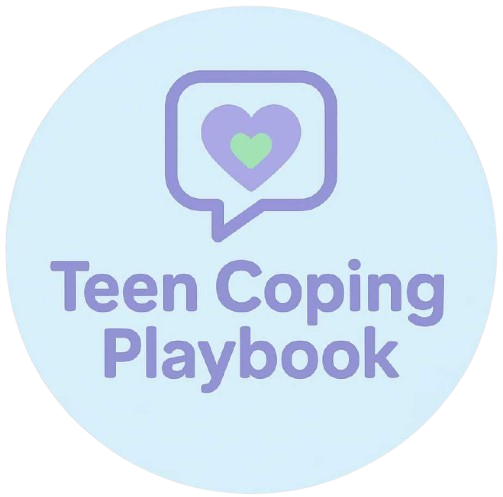
Build Trust and Open Up Communication Without Judgment or Awkwardness
Talking to your teen shouldn’t feel like walking on eggshells. But let’s be honest—it sometimes does. You want to connect, support them, and really know what’s going on in their world… but all you get is a shrug, a one-word answer, or silence.
The truth? Most teens want to talk. They’re just not always sure how to start—or whether they’ll be truly heard without being judged. That’s where YOU come in.
Here are 5 simple, non-cringey conversation starters that can help you open the door to real connection:
✅ 1. “What’s something that made you smile today?”
This question is gentle, specific, and positive. It focuses attention on a real moment from their day, and it avoids putting pressure on them to open up too deeply right away. Bonus: It helps you notice what matters to them.
✅ 2. “If your stress had a color (or sound), what would it be today?”
This playful, low-stress way of asking about their emotions encourages creativity while still getting real. Teens who have a hard time naming feelings may find this approach easier—and even kind of fun.
✅ 3. “If I could press a magic button to make one thing easier for you this week, what would it be?”
This shows empathy without pressure. It’s a way to offer help while also learning what’s weighing on them. Even if they say “nothing,” they’ll feel the care behind the question.
✅ 4. “What’s something adults just don’t get about being a teen right now?”
Let them talk freely. You might hear complaints, jokes, or surprising insights. Resist the urge to correct—just listen. You’re giving them a safe space to be honest.
✅ 5. “Want to do something low-key together while we talk?”
Sometimes the best conversations happen side-by-side, not face-to-face. Take a walk, cook dinner, drive around, or do a puzzle. Casual moments can lead to deep talks when there’s no pressure to perform.
💬 Final Thought:
Building trust takes time. Start small. Be patient. Listen more than you talk. And remember—teens notice when we try, even if they don’t always show it. Your effort matters more than perfect words.

Welcome to the Teen Copying Playbook—a comprehensive guide designed to help teenagers understand and manage their mental health.
Copyright © Teencopyingplaybook 2025. All rights reserved.